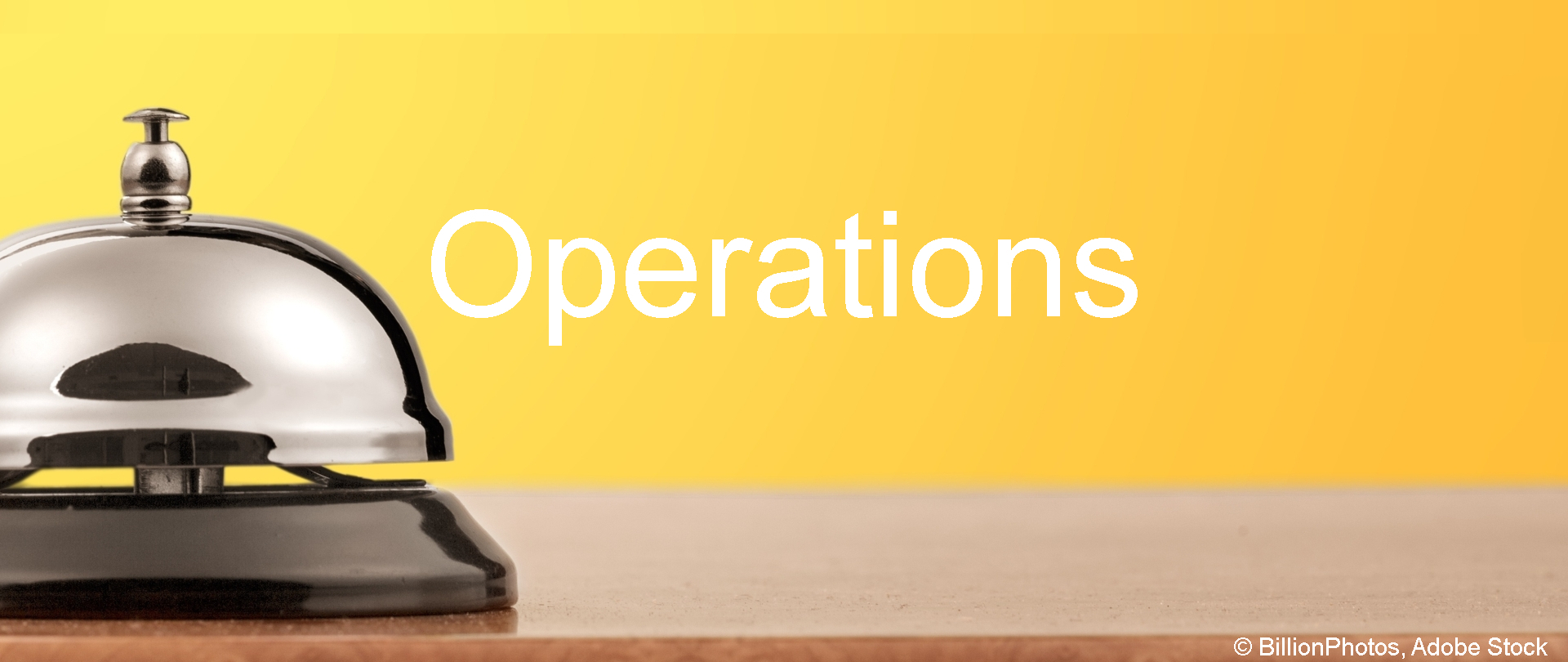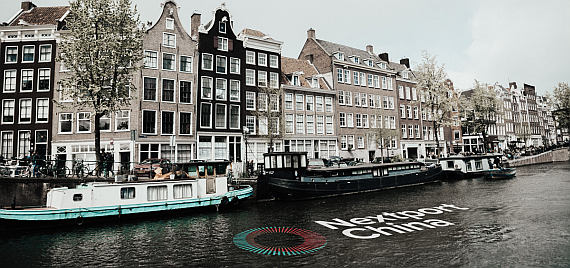
News & Stories
Amsterdam. "Chinese travelers seek online inspirational content and trust reviews," says Quinten Kemp, Co-founder and Managing Director China e-Commerce and Payments at NextportChina based in Amsterdam. Their core business is basically to help western companies grow an online presence in China. European hoteliers could take advantage of "social commerce", he stresses in an interview with Sarah Douag, also emphasizing the importance of accepting Chinese payment methods.
Beijing. A few years ago, cash was still king in China, now it's all about QR codes and mobile payments, thanks to two market leaders: Alipay and WeChat Pay. Both payment methods are used by millions, not to say a billion people in China and they are both going international now. Supporting Chinese travelers abroad, their goal is to offer their customers/users the most seamless shopping experience. From a train or air ticket to a hotel room, a restaurant, a tourist attraction or a luxury shop, both giants are making sure they retain their users on their respective platforms throughout their journey. Hoteliers have a huge opportunity to capture a new type of clientele that favor customized trips and spend more…on one condition, namely that they accept three inevitable payment methods: Alipay, UnionPay and WeChat Pay. What does the situation look like today?
Geneva/Berlin. ISO, the International Organization for Standardization, has recently adopted and published standards for online customer reviews. Some of them can be found on the Internet.
Brussels. Airbnb needs action. Whether EU Commission, associations or municipalities: there is growing criticism of the sharing economy platform from several different sources. In the meantime, the EU Commission has even given the company an ultimatum. In Austria, the OEHV tourism association is also demanding stricter measures. Nevertheless, the city of Frankfurt has now signed a tax agreement with Airbnb in Germany. In New York, the City Council terminated discussion two days ago and condemned Airbnb to release the names or pay hefty fines.
Eschborn. Beside its core business, the purchasing pool, the German company progros is opening new and more areas of procurement management – and not only within the country. In this aspect, project management as well as solutions concerning the topic of digitalisation are gaining importance.
Vienna. The VAT increase from 10 to 13% will be reversed as of November 1, 2018. From that day onwards, VAT will return to 10%. The aim is to address competitive disadvantages.
Munich. The divorce between AccorInvest and AccorHotels has been legally binding since June 1, 2018. The two companies have nothing to do with each other anymore. The new capital structure has also completely changed AccorHotels' business model. AccorHotels is now no longer the classic operator, but "only" recommender to the owners. AccorHotels is thus the "manager" of the companies. However, this term – at least in German language – is still confusing because it is ambiguous. What is clear: AccorHotels must now generate significantly more BTI fees than before. These are the Base Management Trade Fees. Laurent Picheral, Deputy CEO Europe & CEO Central Europe for AccorHotels, explained the new role to hospitalityInside.com.
San Francisco. Airbnb is celebrating its 10th anniversary this year. As a "gift", more European destinations are imposing restrictions after a decade of legislation abuse. From Spain to Denmark, Airbnb is now compelled to collect tourist tax, report hosts' earnings to tax authorities and remove all unlicensed homes from its listings. For expert Murray Cox from the website InsideAirbnb.com, it's not enough.
Zurich. From 1 August 2018, Airbnb will automatically charge a City Tax for all bookings made in the Canton of Zurich and will forward this directly to Zurich Touriusm. To this end Airbnb and Zurich Tourism have concluded a mutual agreement in the spirit of partnership.
Bethesda. Marriott is testing the waters of the home-sharing business segment. Through a 6-month partnership with British home rental management company Hostmaker, Marriott is competing with Airbnb Plus, Onefinestay and Oasis. The group has handpicked 200 units in London only, for now.



